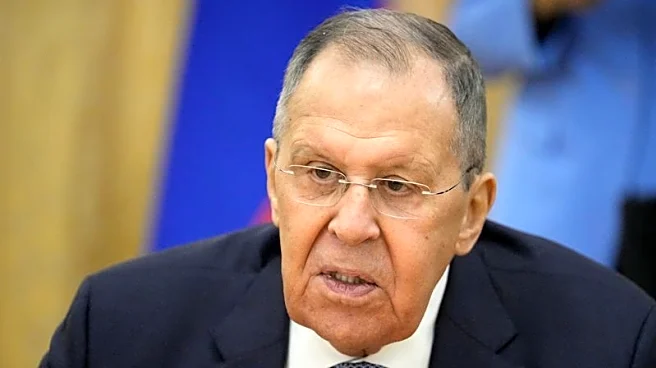Rapid Read • 8 min read
UNESCO, the United Nations Educational, Scientific and Cultural Organization, was established on November 4, 1946, as a specialized agency of the UN. Its first General Conference was held on November 19, 1946, in Paris. The organization was founded following a United Nations Conference in London in November 1945, initiated by France and the United Kingdom, with representatives from 44 countries. The delegates decided to create an organization that would embody a genuine culture of peace, leading to the signing of UNESCO's Constitution on November 16, 1945.
AD
UNESCO's historical role in promoting a culture of peace is significant for fostering global understanding and cooperation. By establishing a platform for dialogue among civilizations and cultures, UNESCO contributes to mutual respect and shared values. The organization's focus on education, science, and culture helps address global challenges such as poverty, discrimination, and environmental degradation. UNESCO's commitment to preserving cultural and natural heritage highlights its role in maintaining biodiversity and cultural diversity, which are essential for long-term global peace and cooperation.
UNESCO plans to continue its efforts in promoting a culture of peace through education, science, and culture. The organization may expand its initiatives to address emerging global challenges such as climate change and social inequality. Future actions may involve enhancing collaboration with member states and local communities to promote sustainable practices and intercultural dialogue. UNESCO's ongoing dedication to fostering mutual understanding and respect aims to build a better future for all.
UNESCO's historical role in promoting a culture of peace extends beyond immediate programs, serving as a platform for dialogue among civilizations and cultures. The organization's focus on mutual understanding and respect for shared values highlights its role in addressing global challenges and building a better future. UNESCO's commitment to preserving cultural and natural heritage underscores the importance of recognizing the interconnectedness of all life forms and the need for sustainable practices.
AD
More Stories You Might Enjoy











